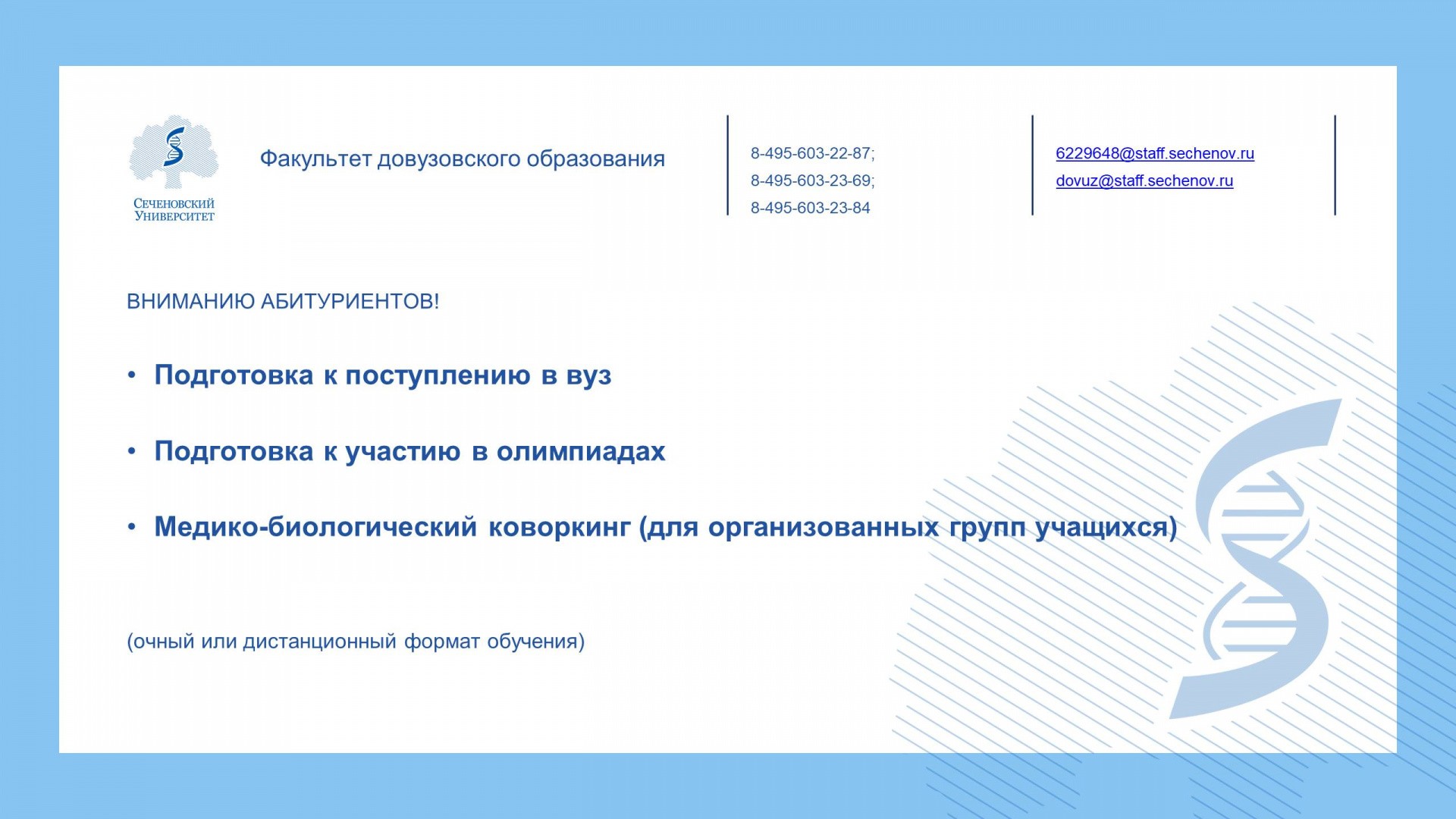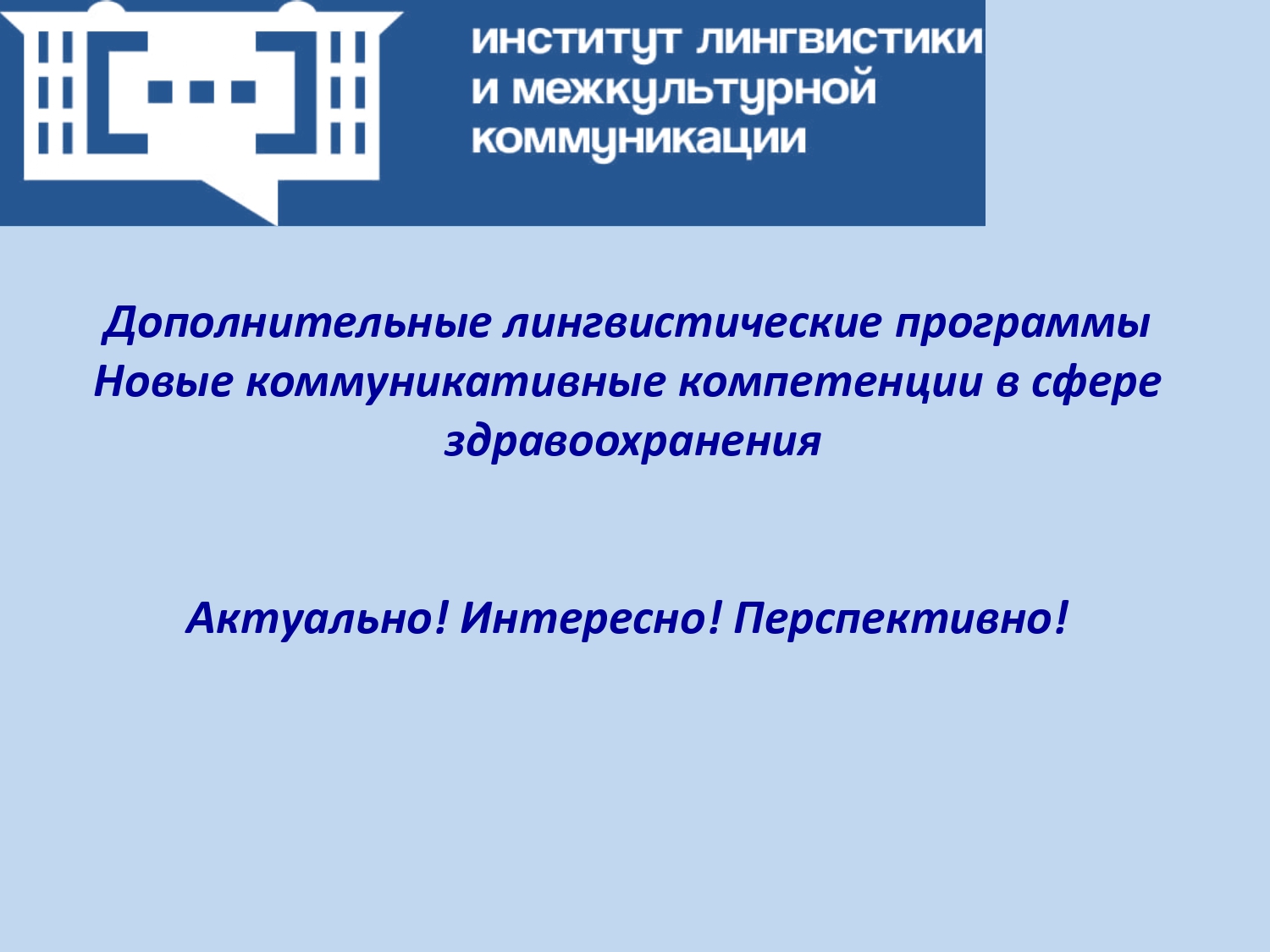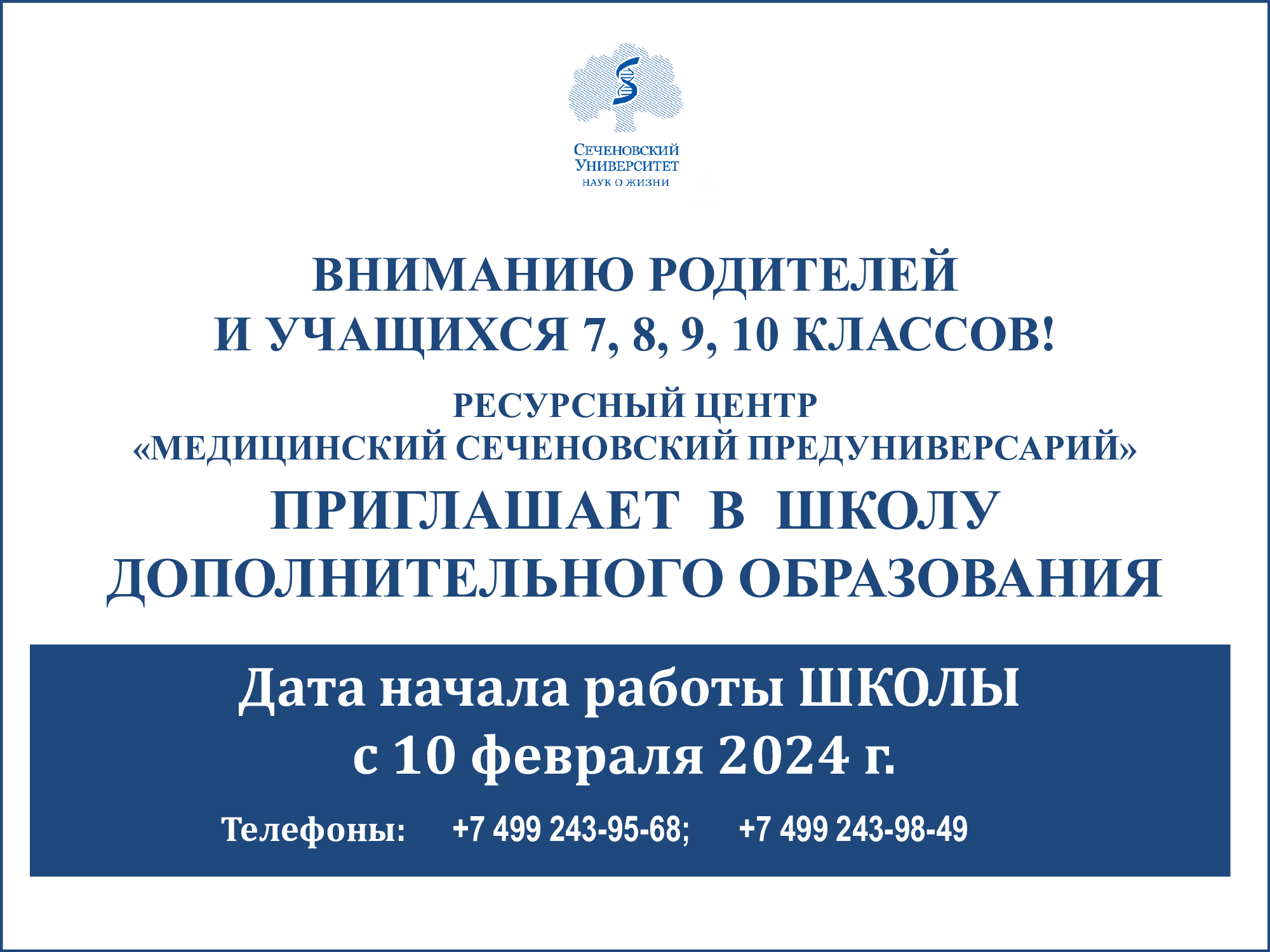Репозиторий Университета
The influence of succinate-containing drugs on the process of neuroplasticity after ischemic stroke
Аннтотация
© 2018 Izdatel'stvo Meditsina. All rights reserved. Succinate is an endogenous substrate of the human organism that participates in various redox processes, reactions of the Krebs cycle, and the mitochondrial oxidation chain. This universal intracellular metabolite plays an important role in the regulation of physiological, metabolic, and energy-producing processes. The article discusses the issues of neuroplasticity, the importance of correction of energy deficiency, oxidative stress and other pathophysiological processes, and maintenance of adequate functional activity of neuronal structures after cerebral circulation disorders. The problems of neuroprotective therapy in ischemic stroke, which is pathogenetically justified in all stages of restorative treatment after cerebrovascular accident, are considered. Cytoflavin is one of the most studied original cytoprotectors, which demonstrated safety, efficacy, and good tolerability. Results of numerous clinical trials revealed significant positive clinical and morphological dynamics of cytoflavin administration in patients after ischemic stroke.
Вернуться назад









